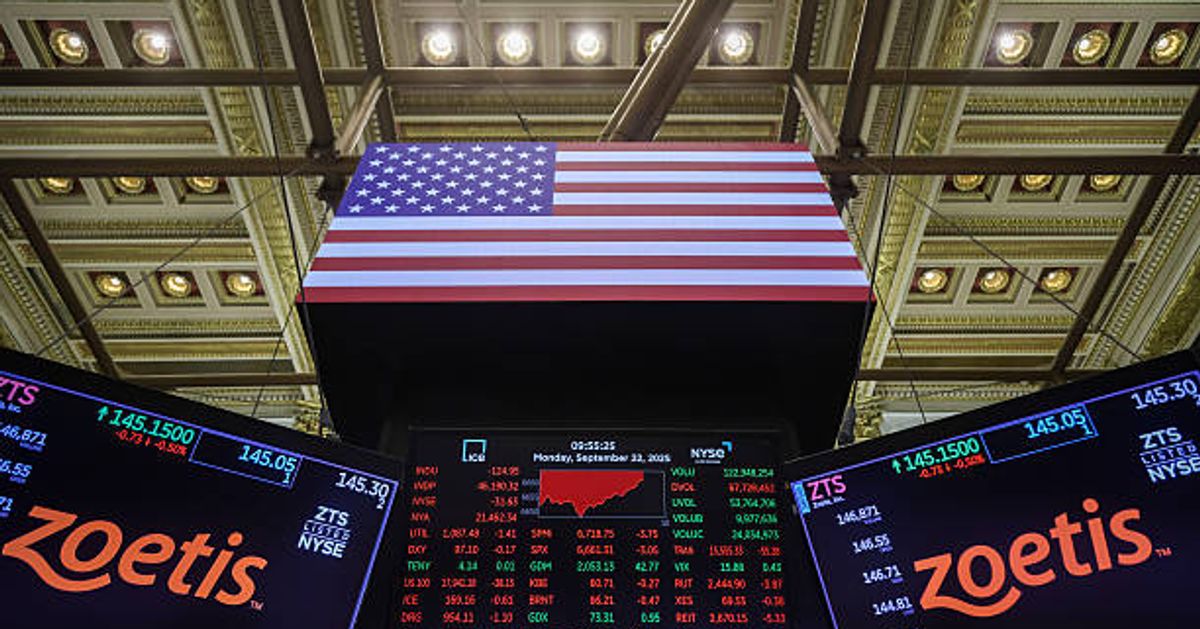
Dollar Slips Against Euro and Swiss Franc as Markets React to Fed Speeches

GeokHub
Contributing Writer
New York, September 2025 — The U.S. dollar weakened on Thursday, slipping against both the euro and the Swiss franc, as investors digested a series of mixed signals from Federal Reserve officials on the outlook for monetary policy.
The dollar index edged lower after several Fed policymakers delivered speeches highlighting differing views on inflation and future interest rate moves. While some officials stressed the importance of keeping borrowing costs elevated to maintain price stability, others hinted at flexibility if economic conditions soften.
This divergence left traders cautious, with currency markets adjusting to the possibility of rate cuts later this year.
Euro and Swiss Franc Strengthen
The euro gained ground, supported by expectations that the European Central Bank will hold its policy steady in the coming months, giving investors confidence in the region’s economic outlook. Meanwhile, the Swiss franc, often viewed as a safe-haven currency, advanced as investors balanced risk sentiment with ongoing global uncertainties.
Broader Currency Moves
Other major currencies also saw movement, with the Japanese yen holding firm after recent intervention talk from Tokyo, and the British pound trading in a narrow range as markets await fresh economic data.
Investor Sentiment
Currency strategists said the dollar’s decline underscores market sensitivity to Fed commentary, especially given the absence of a clear consensus on the timing of any potential policy shift. The weaker dollar also provided some relief to commodity markets, with gold prices edging higher.
Why It Matters
The Fed’s communication remains the central driver of global currency markets. For investors, the dollar’s performance against major counterparts not only affects forex trading but also influences commodity prices, trade flows, and capital movement across emerging markets.

















